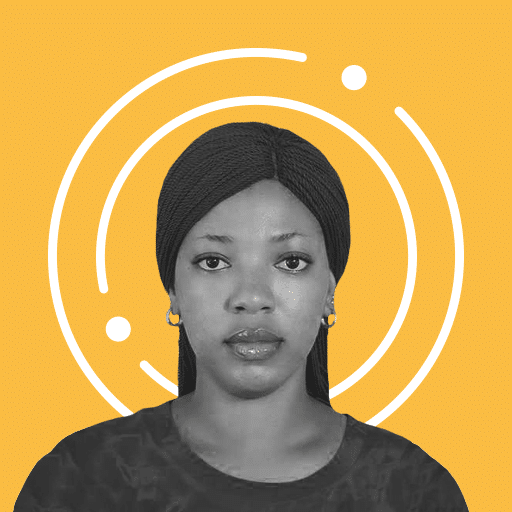US politicians Warren and Ocasio-Cortez probe Circle, BlockFi on SVB relationship

Senator Elizabeth Warren and Representative Alexandria Ocasio-Cortez are questioning some of the largest depositors of the now-fallen Silicon Valley Bank (SVB), including USDT issuer Circle and bankrupt BlockFi. The lawmakers are seeking information about the companies’ relationship with SVB.
The lawmakers sent letters to Circle, BlockFi, and 12 other non-crypto companies, questioning why they chose to bank with SVB. Warren and Ocasio-Cortez asked Circle and BlockFi CEOs, Jeremy Allaire and Zac Prince, respectively, about the financial relationship they had with SVB, the nature of the agreement made with the bank to maintain deposits at the financial institution, and the type of relationship that executives of the above companies had with the lender.
Also, the two members of the US Congress wanted to know if SVB offered Circle and BlockFi any benefits.
The letters further stated the bank’s reported “coddling” and “white glove” treatment of its largest depositors and also referenced reports of “lower-interest rate mortgages”, sponsorship of ski trips and fancy dinners offered by SVB to tech companies, which supposedly caused some customers to make large amounts of uninsured deposits at the financial institution.
“Congress, bank regulators, and the public are owed an explanation for the bank’s hyper-reliance on tech industry firms and investors, the extent to which this resulted in an abnormally high percentage of deposits that were not insured by FDIC, and the role that companies like yours might have played in precipitating the $42 billion single-day-run on SVB. Obtaining information on these factors is important for understanding how SVB failed and how to prevent the next failure.”
Sen. Elizabeth Warren and Rep. Alexandria Ocasio-Cortez letter to Circle and BlockFi
As previously reported by crypto.news, Circle revealed that the company had $3.3 billion of its total USDC reserves at the collapsed SVB. BlockFi also had $227 million in the bank, which surpassed the Federal Deposit Insurance Corporation (FDIC) threshold of $250,000. Meanwhile, all 14 companies have until April 24, 2023, to respond to the questions.
















